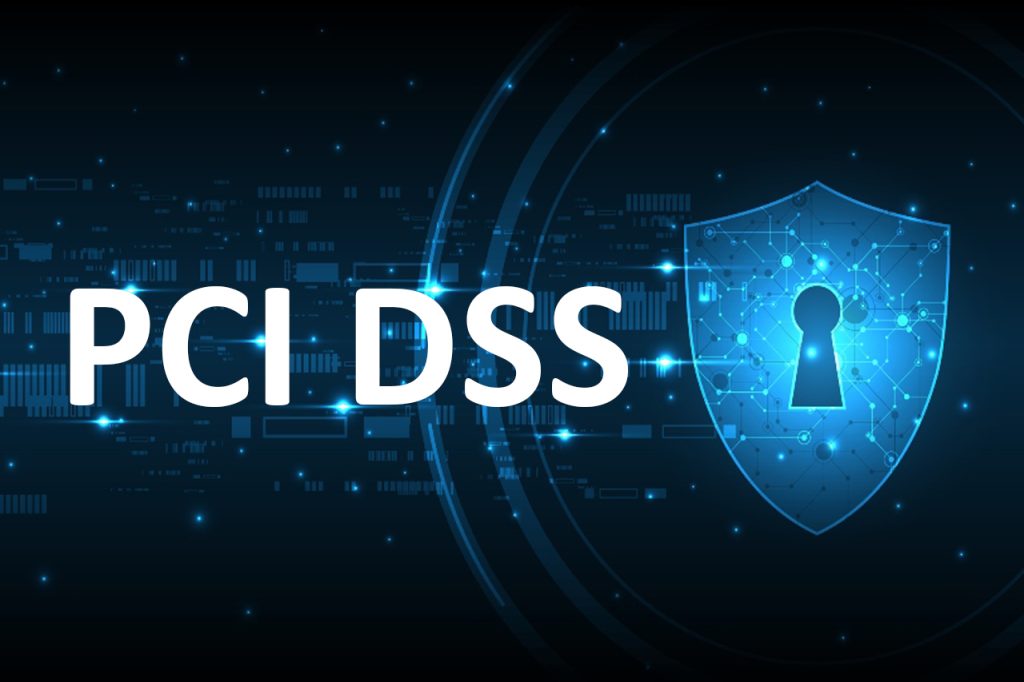SmartBiz and PCI Compliance: Supporting Your Business

In today’s digital economy, safeguarding customer payment information is not just a best practice—it’s a necessity. The Payment Card Industry Data Security Standard (PCI DSS) sets the benchmark for protecting cardholder data, ensuring that businesses handling payment cards maintain a secure environment. Compliance with PCI DSS is crucial for building customer trust, avoiding financial penalties, and protecting against data breaches
Understanding PCI DSS Compliance
PCI DSS is a set of security standards designed to ensure that all companies processing, storing, or
transmitting credit card information maintain a secure environment. The standard encompasses 12
core requirements, including:
- Install and maintain a firewall configuration to protect cardholder data.
- Do not use vendor-supplied defaults for system passwords and other security
parameters. - Protect stored cardholder data.
- Encrypt transmission of cardholder data across open, public networks.
- Use and regularly update anti-virus software or programs.
- Develop and maintain secure systems and applications.
- Restrict access to cardholder data by business need-to-know.
- Identify and authenticate access to system components.
- Restrict physical access to cardholder data.
- Track and monitor all access to network resources and cardholder data.
- Regularly test security systems and processes.
- Maintain a policy that addresses information security for all personnel
Adhering to these requirements helps businesses protect sensitive information, reduce the risk of
data breaches, and maintain customer confidence

What Happens If Your Business Doesn’t Comply?
Failure to comply with PCI DSS standards can lead to serious consequences, including:
- Data Breaches: Without proper protections, sensitive customer information is vulnerable to theft, which can damage your reputation and customer trust.
- Hefty Fines and Penalties: Businesses found non-compliant may face fines from payment
card networks that can range from $5,000 to $100,000 per month. - Increased Liability: If a breach occurs, non-compliant businesses may be held liable for
fraud charges, legal fees, and compensation to affected customers. - Loss of Ability to Process Payments: Payment processors may terminate your ability to
accept credit card payments if compliance is not achieved. - Brand Damage: Perhaps most significantly, a loss of consumer trust can lead to a decline
in sales and long-term harm to your business’s reputation

For small businesses especially, these consequences can be difficult to recover from—making
compliance not only a legal requirement but a business-critical priority.
Commitment to Your Business’s Security
While SmartBiz provides the tools and infrastructure to support PCI DSS compliance, it’s important to recognize that compliance is an ongoing process. Regular assessments, employee training, and collaboration with your payment processor are vital components of a comprehensive compliance strategy
Stay Informed and Compliant
For the most current and detailed information on PCI DSS compliance, we recommend contacting your payment processor. They can provide specific guidance tailored to your business operations and ensure that you meet all necessary requirements to protect your customers and your business.

Sources:
- PCI Security Standards Council – PCI DSS Quick Reference Guide
- ControlCase – What are the 12 requirements of PCI DSS Compliance
By leveraging Volcano Communications Group’s SmartBiz and staying engaged with your payment processor, your business can navigate the complexities of PCI DSS compliance with confidence and ease